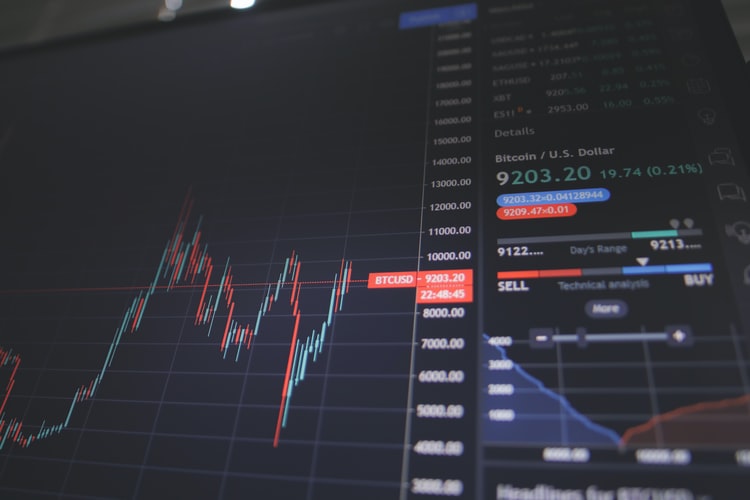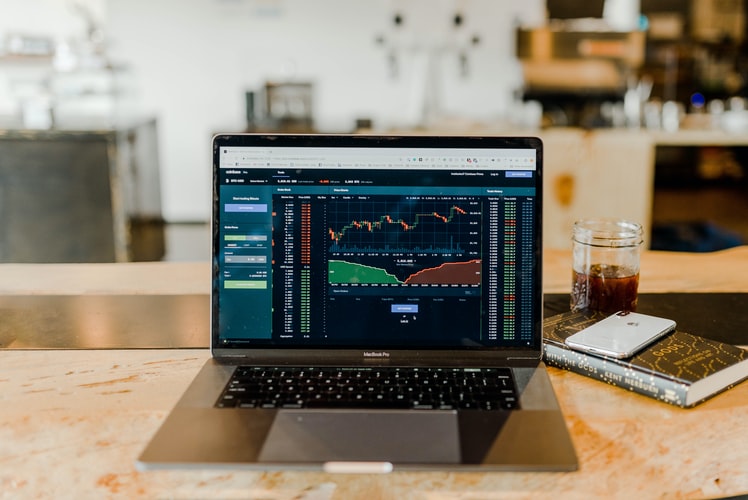Editor’s note: On the back of an article last week on the rising popularity of ETF and investments in ETFs, the following is a piece on how to invest in ETFs in Taiwan.
ETF Listed In Taiwan
Three types of ETFs are listed for trade in Taiwan.
Securities investment trust ETFs, foreign ETFs, and commodity ETFs.
Securities Investment Trust ETFs are traded at the exchange in Taiwan, ETFs of this genre include domestic securities, foreign securities, and leveraged securities.
Foreign ETFs are trusted to domestic institutes by the foreign fund, so investors can directly purchase ETFs made by foreign institutes through this channel.
Commodity ETFs are traded at the domestic exchange and come in the form of commodities and futures.

Five Ways To Trade In ETFs In Taiwan
ETFs are structured like mutual funds but are tradable any time given at the local exchange.
Trading terms such as odd-lot trading, which allows retail investors to trade stocks in volumes lower than a share(1000 lots), is popular with younger Taiwanese investors.
Taiwan ETF – One Share At A Time:
This is the most common type of trade. Investors purchase shares in a normal unit and pay a commission per individual purchase. Commission fees range from 0.1425% to 0.05% if traded through the internet.
Fixed Payments:
This type of trade allows investors, usually those with less cash on hand, to buy shares at allocation with a fixed amount of monthly payment.
Most exchanges allow NT$3000 as the monthly minimum payment. Note that commission fees differ on each exchange.
U.S. ETF – One Share At A Time:
Investors can opt for U.S. ETFs that are offered by the local exchange.
Another option in purchasing U.S. ETFs is through direct contact with the U.S. exchange.
The U.S. ETF is traded at 1/1000th of a share in Taiwan. The price of one U.S. share is a variable; it fluctuates with the real-time market.

Sub-brokerage:
Investors who are looking to buy foreign shares, and want to avoid high expense exchange rates, can go for this option.
Local exchanges purchase ETFs at exchanges outside of the country, and charge investors for the derivative itself plus a $35 commission fee.
Investment Trust:
ETFs serve as one of the investment targets in wealth management.
The commission of this type is much higher due to active management, in which the fund manager derives a trading strategy and actively tracks the securities in the portfolio.
- This is not a sponsored article and all financial risks taken are done so at the sole discretion of those involved.










Comments are closed.